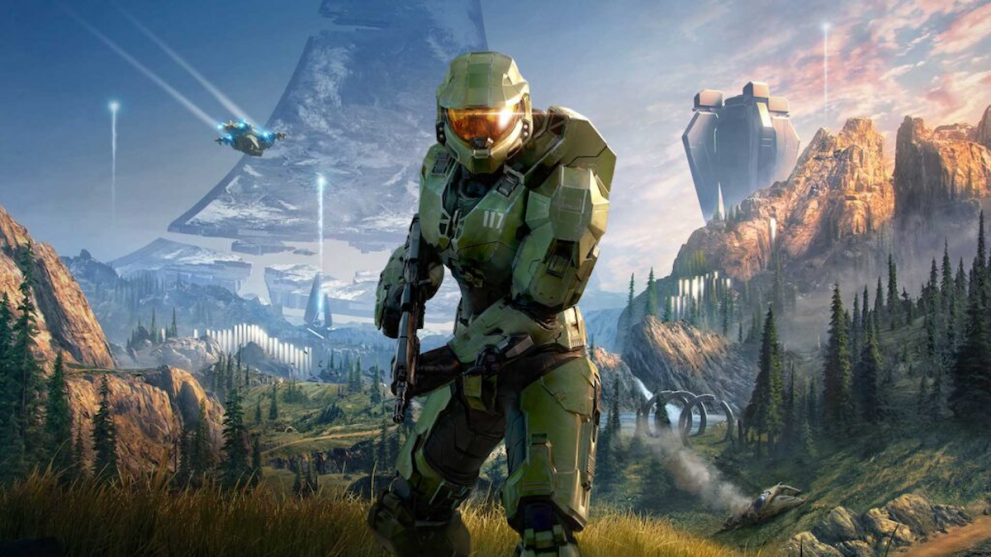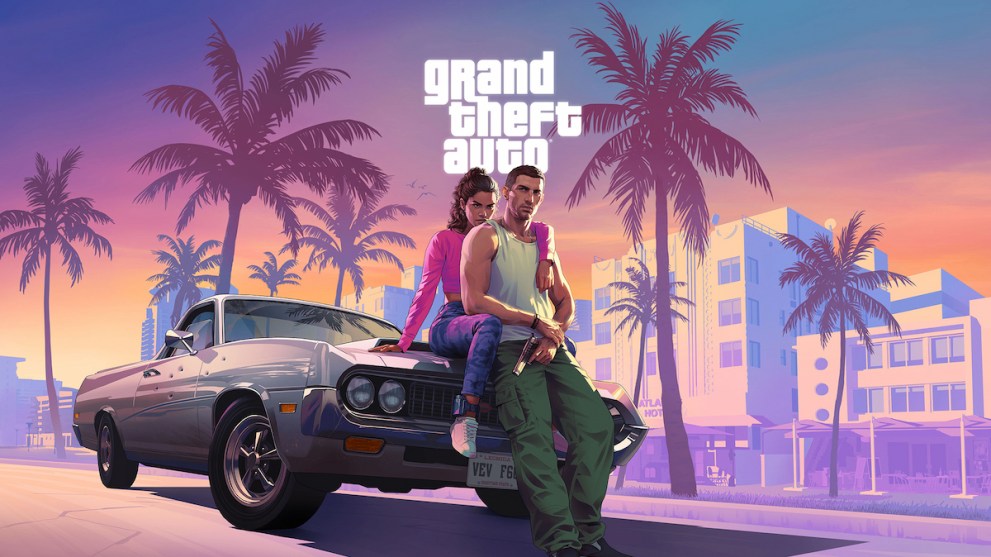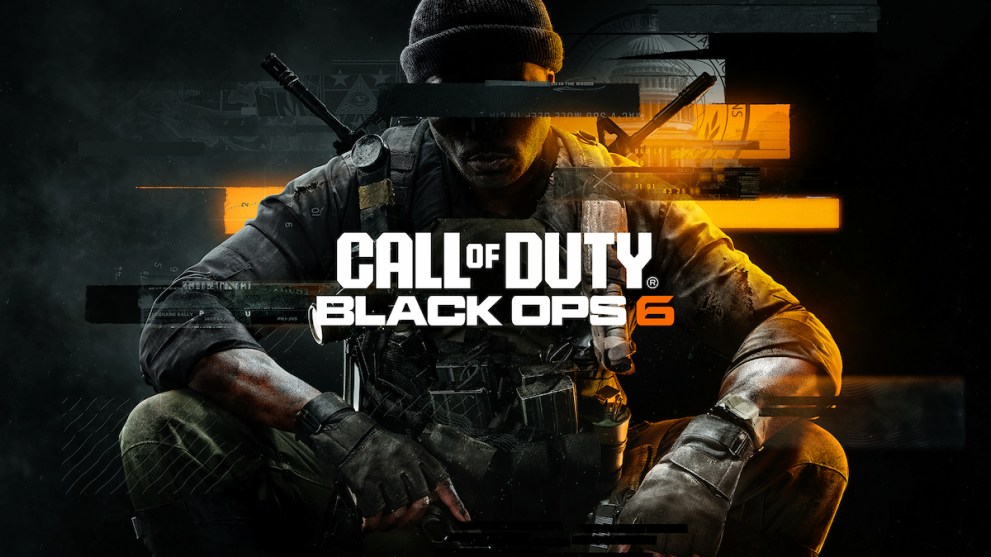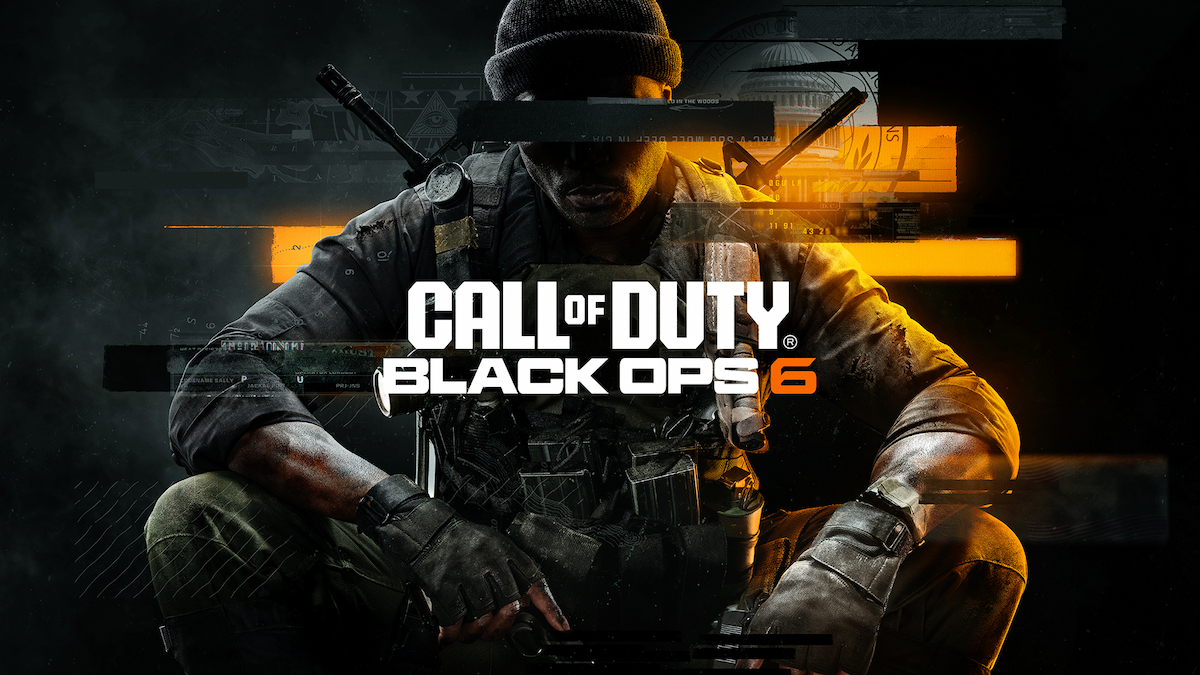I love a good franchise as much as the next player, but in 2024, enough might be enough. This goes for all forms of media, be it films or TV shows, but regardless the feeling remains the same. Content feels like it’s been slowly stagnating and growing stale as sequels and reboots overshadow new AAA IP.
How Many Sequels Is Too Many?
When I say “IP,” I’m referring to Intellectual Property. Any given franchise is considered IP, from Peggle to Mario to Wuthering Waves. While there is certainly no shortage of new IP hitting the market, more often than not, AAA game studios aren’t funding them like they fund their tried-and-true IP. Understandably for business, many studios would rather fund what’s made money in the past than take risks on something new.
The trend of franchises having multiple sequels isn’t new, but it has become pervasive in recent years. Dead Space was successful, and so was Dead Space 2, so it only made sense to make Dead Space 3. While players accepted it as weaker than the first two, it served its purpose and capped off the story. The Mass Effect, Crysis, and Crackdown franchises tell a similar tale.

Take some of the major names in gaming. Halo Infinite was a soft reboot standing as what would be at least the ninth game in the franchise. Halo rode the high of its initial success through the earlier games’ releases, but all good things need to end. After that, it felt like hype drove Halo’s sales more than the quality of the games.
I can personally attest to this, given how much I’ve historically loved the series. I’ve read the books, watched the movies and anime, and played as much ancillary content as possible. Throughout all that, curiosity about the lore brings me back to the games more than the games themselves.
The Grand Theft Auto franchise is another example. Players have passionately followed the GTA games from city to city, but when will enough be enough? With the success of the previous titles, players want to see how far that success can go on next-gen systems. That being said, the bubble can only grow so large.

Interestingly, the Call of Duty franchise shows that this isn’t always the case. There were three CoD games before the original Modern Warfare in 2007. Activision and Infinity Ward then juggled the franchise through three Modern Warfare titles and five Black Ops titles, with Ghosts, Advanced Warfare, Infinite Warfare, WWII, Vanguard, and a rebooted Modern Warfare trilogy in the mix. While you might also read that and think, “Enough is enough,” consider how many copies these games sell, reboot or not.
Who’s Really to Blame?
Blaming the developers for the flood of sequels and reboots is unfair, although that’s the easy choice. Game studios follow the trends of the industry as well as demand from their player base. If GTA 5 players want GTA 6 more than water, Rockstar would be foolish not to make a new game. Even video games follow the trends of supply and demand.
This isn’t to say that sequels or reboots make for bad games. I loved Halo Infinite, especially once they added Firefight. GTA 5 is one of my favorite games of all time, and I want to see how Rockstar improves on it in a sequel. Unfortunately, I’m also aware of the reality. It’s only a matter of time until the hype exceeds the outcome, and if players are disappointed by a game, it can devastate the developers.
This isn’t only a concern for sequels either. Players hated The Lord of the Rings: Gollum so universally that Daedalic Entertainment not only apologized for the game, but they gave up developing games entirely. Hype is a double-edged sword. You love to have it, but you hate to have too much of it.
While some sequels or reboots feel natural, others feel out of place or like a blatant money grab. Take Senua’s Saga: Hellblade 2 for example. I played the first one in anticipation of the second game’s release and loved every second of it. However, the entire way through I wondered, “Where is there room for a sequel?”
As I watched the final cutscene, I felt I found my answer: there isn’t any. While the first game’s ending felt fulfilling, it left a bad taste in my mouth by teasing the second installment. For such a subtle and thoughtful game, it felt out of place to have both Senua and the narrator look at me and say, “come along for the second one.”
A Change of Pace
This isn’t all to say that I simply don’t like sequels, prequels, or reboots. The opposite actually holds in many cases. Halo Reach is my favorite Halo game and I’ll always play a new Assassin’s Creed, but I also love new stories. Not all games need a sequel, and even though a developer could make a sequel, they might be better off focusing on new IP instead.
Consider the Outlast franchise. The first game became a hit among players, providing a new and exciting horror experience that hadn’t been seen before. Outlast 2 didn’t find the same footing as the first, and many people (including myself) figured that was the end of that. Imagine my surprise seeing The Outlast Trials, continuing a franchise that I had already thought dead.
The Outlast Trials wasn’t a bad game, but could it have been better? Red Barrels could have developed the same game but under a different moniker. Rather than throwing another game at a tired franchise, they could develop a new story around the gameplay. Sometimes, it’s best to let the gameplay speak for itself.
XDefiant demonstrates a similar point. The game is reminiscent of Call of Duty or Overwatch, and some of those developers worked on XDefiant. It doesn’t have the same name or try to be the same game, and it launched to positive impressions and constructive criticism. That same sentiment might not apply to Black Ops 6 when it comes to Game Pass this year.

Overwatch brings up another point relating to sequels. Not every game needs a sequel. While there might be demand for change, change doesn’t always warrant shutting down the servers to open new, less reliable ones. Sometimes, a game might be better off receiving valuable updates than getting replaced entirely.
We Need More Passion Projects
To illustrate this point, look at Stardew Valley. The farming/life sim sold over 30 million copies, solely because it’s such a good game. Developer Eric Barone (ConcernedApe) repeatedly releases patches and updates with more content, even eight years later. While he is working on another game, Haunted Chocolatier, it has nothing to do with Stardew and is another one of Barone’s passion projects.
So much of the problem comes down to a lack of passion. It’s not just the fact that we’re getting so many sequels, but that those sequels don’t carry the heart of the games that came before them. Many developers only seem to make sequels because they made money previously. Unfortunately, they’re looking past the reason why players loved the games in the first place.
When Uncharted 4 released, I wanted to give it a shot because I knew how loved the franchise is. I played through the first three games and thoroughly enjoyed them, but I did have to take a break. Even though there was an enormous amount to get through, that passion drove me through every single game. That being said, flooding the market doesn’t always translate to passion.
Going forward, I just want to see some new IP thrown in the mix of releases. Sequels and reboots don’t inherently make for bad games, but I often wonder which stories could be told if studios invested half as much money into an independent game rather than the 76th Call of Duty. When the franchise bubbles burst, I’ll be excitedly waiting to see what takes their place.














Updated: May 31, 2024 11:40 am